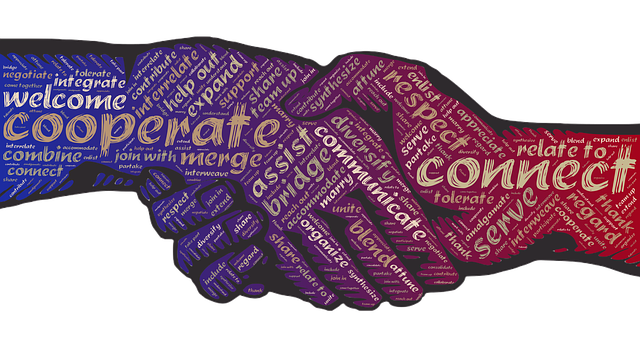Narrative Medicine fortifies clinical practice with the narrative competence to recognize, absorb, metabolize, interpret, and be moved by the stories of illness.
~ Dr. Rita Charon
With the age of science and objectivity applied to modern medicine, little space is left for empathy and emotions. “Just the facts” has become the litany that creates a barrage of yes/no questions that allow the patient’s story to fall into the time constraints and the check-boxes of modern medicine.
Narrative Medicine
Narrative medicine does not replace the science of medicine, but asks physicians to reconnect to the patient narrative. It asks for a fundamental shift not just for the doctor to sit and listen, but for the patient to learn to sit and tell their story. In addition, it calls for the medical system to allow for the time and energy that this connection requires to facilitate not just cure but also healing. Cure means to eradicate disease. Healing means to bring back to wholeness. Even when we cannot cure, we can still facilitate healing as a person comes to terms with a new life and processes the grief of what has been lost.
On meeting a new patient, Dr. Rita Charon, might say, “I will be your doctor and so I need to know a great deal about your body, and your health, and your life. Please tell me what you think I should know about your situation.” Then, she will sit back and simply absorb the story with empathy and imagination.
Defining Narrative and Story
In this context, narrative and story are often used interchangeably to refer to an account of what has happened to the patient or the recommendations of the doctor. The patient has one story, the doctor offers a story in response, and together they create a new story to embark on a journey of healing, hope, and possible cure. [This is a very different definition from the “story” that I use in “storytelling” as an oral performance artist where my stories are for connection and entertainment. In those “stories,” healing happens in a different way. “Story” has become a buzzword in many different contexts from psychology to marketing to business. The word “story” now has many different definitions in different contexts. It is always important to know which context and which definitions we are using when we communicate. Stay tuned for future posts on this.]
“What’s your story?”
In the common language, we ask about “your story” to ask about your motivations, who you really are, what you are thinking, what is hidden underneath the day-to-day mask. In social contexts with strangers, it is not appropriate to launch into our stories with “oversharing.” We might start with facts like our name and where we are from. We might find something to connect on, discuss our opinions of the party, how we feel about the host. If there is some connection, we might go deeper into our story. It takes time.
In the doctor’s office, there is a sacred space of safety that opens unconsciously as a patient lays their bodies and their lives open before the doctor. With some rapport, the patient trusts the doctor, trusts the doctor’s training, and the legal and ethical confidentiality implicit in the doctor-patient relationship.
Narrative medicine asks us to return to empathy and connection, slow down the fast pace of the world, and meet face to face. Narrative medicine asks us to return to the goal of healing and not just cure.
Burnout
Still there is the fact that listening to the stories of another can be an emotionally draining job. The job requires adequate boundaries; however, the boundaries of scientific objectivity and complete disconnection have taken humanity out of medicine. More and more doctors are suffering from burnout, leaving the profession, or retiring early. We must explore and find a new way.
Facing the Challenge
Our medical system now faces a challenge. In this crucible of times, something new is to be born to face the challenge. Doctoring is not something that can only be learned in a textbook of signs and symptoms of disease. We can teach a computer to do that, and we already have. The apprenticeship of our residency programs and the practice of medicine is the collection of patient stories to flesh out the missing stories of individual lives that present with these diseases. Doctors take a general knowledge and learn to apply it to the specific context of the individual patient. There is often more than one way to treat a disease, and knowing the patient’s backstory and motivations can help to navigate those choices.
Connection and Empathy
Beyond the collection of knowledge, doctoring is also the practice of connection and empathy. Contrary to popular belief, these are skills that can be taught and encouraged. These skills of connection demand inner work, practice, and specific training. These skills require safe places where the doctor can lay down the mantle and connect with other doctors in training, in practice, an in life as we support each other. Narrative medicine offers one way not just for doctors to connect to the patient, but also to connect to themselves and to each other.
“As a new frame for health care, narrative medicine offers the hope that our health care system, now broken in many ways, can become more effective than it has been in treating disease by recognizing and respecting those afflicted with it and in nourishing those who care for the sick.” ~ Rita Charon, Narrative Medicine: Honoring the Stories of Illness
Stay tuned for more posts exploring this topic.




